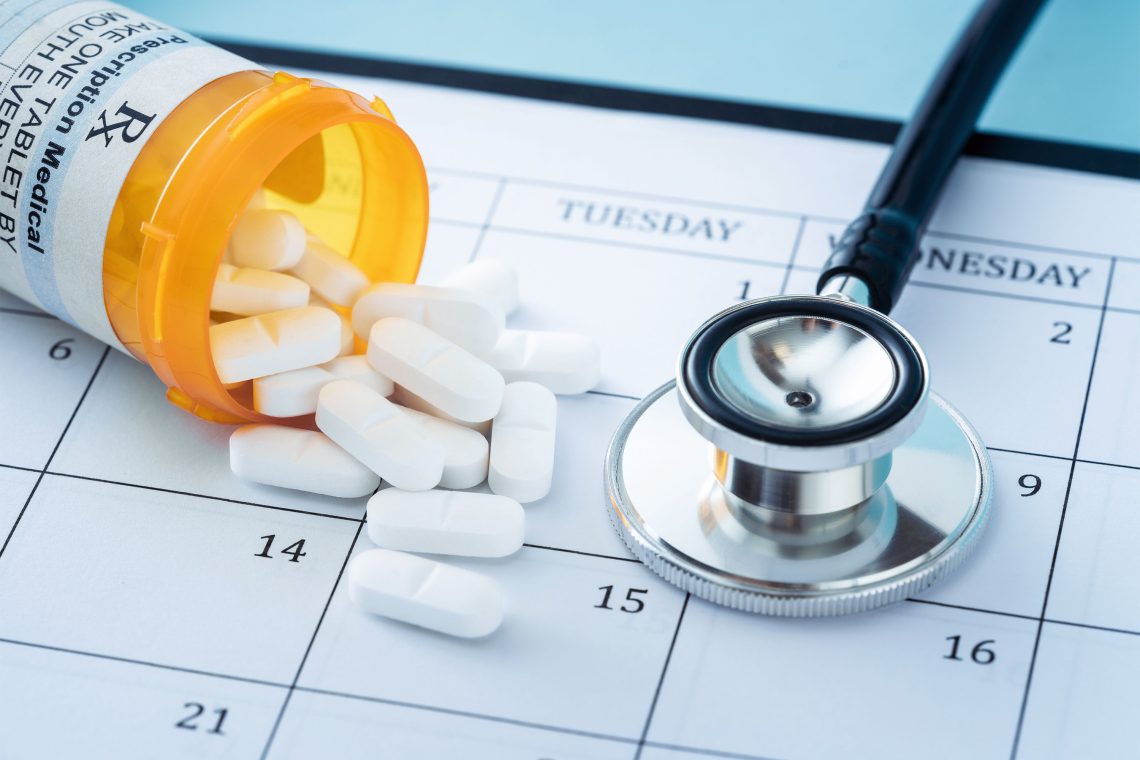Introduction
High blood pressure (hypertension) affects millions globally and is a leading cause of heart disease, stroke, and kidney failure. While lifestyle changes—such as diet, exercise, and stress management—are the cornerstone of managing hypertension, they aren’t always sufficient. For many people, blood pressure medications become a necessary part of treatment to keep numbers within a safe range and reduce the risk of complications.
Understanding when medications are needed, how they work, and what to expect can help patients feel more empowered and confident in their treatment journey. This article dives deep into the world of blood pressure medications: why they’re prescribed, the different types available, their side effects, and how to use them effectively alongside lifestyle changes.
Why Lifestyle Changes Sometimes Aren’t Enough
Many factors influence blood pressure, including genetics, age, and underlying health conditions such as diabetes or kidney disease. While lifestyle interventions are effective for many, some people require medication because:
- Their blood pressure remains high despite diet and exercise
- They have stage 2 hypertension or higher readings (e.g., ≥140/90 mmHg)
- They have other cardiovascular risk factors (e.g., heart disease, diabetes)
- Their doctor assesses the risk of complications to be high without medication
Medications help bring blood pressure under control faster and prevent damage to vital organs.
How Blood Pressure Medications Work
Blood pressure is determined by how hard your heart pumps and how much resistance blood vessels offer. Medications lower blood pressure by targeting these factors, such as:
- Relaxing blood vessels (vasodilation)
- Reducing blood volume
- Slowing the heart rate or reducing heart workload
- Blocking hormone effects that raise blood pressure
Common Types of Blood Pressure Medications
1. Diuretics (“Water Pills”)
- How They Work: Help kidneys remove excess salt and water, reducing blood volume.
- Examples: Hydrochlorothiazide, chlorthalidone, furosemide.
- Side Effects: Increased urination, low potassium, dehydration, dizziness.
- Who Takes Them: Often first-line treatment for hypertension.
2. ACE Inhibitors (Angiotensin-Converting Enzyme Inhibitors)
- How They Work: Block formation of angiotensin II, a hormone that narrows blood vessels.
- Examples: Lisinopril, enalapril, ramipril.
- Side Effects: Dry cough, elevated potassium, dizziness, rare angioedema.
- Who Takes Them: People with diabetes or kidney issues often benefit.
3. ARBs (Angiotensin II Receptor Blockers)
- How They Work: Block angiotensin II from binding to blood vessels, preventing narrowing.
- Examples: Losartan, valsartan, candesartan.
- Side Effects: Fewer cough issues than ACE inhibitors, dizziness, elevated potassium.
- Who Takes Them: Alternative for those who can’t tolerate ACE inhibitors.
4. Calcium Channel Blockers
- How They Work: Relax muscles of blood vessels and slow heart rate.
- Examples: Amlodipine, diltiazem, verapamil.
- Side Effects: Swelling (edema), constipation, dizziness.
- Who Takes Them: Effective in older adults and African American patients.
5. Beta Blockers
- How They Work: Slow heart rate and reduce the heart’s workload.
- Examples: Metoprolol, atenolol, propranolol.
- Side Effects: Fatigue, cold hands, slow heartbeat, may affect asthma.
- Who Takes Them: Often used if the patient has heart disease or a previous heart attack.
6. Other Medications
- Alpha blockers, central agonists, vasodilators: Used in resistant hypertension or special cases.
When Are Multiple Medications Needed?
Some patients require combination therapy—two or more drugs—to reach target blood pressure. Combining medications can:
- Enhance effectiveness by targeting different mechanisms
- Allow lower doses of each drug, reducing side effects
- Manage complex or resistant hypertension
Tips for Taking Blood Pressure Medications Safely
- Take medications exactly as prescribed. Do not stop or change the dose without doctor’s advice.
- Report side effects promptly to your healthcare provider.
- Keep a medication schedule using reminders or pill organizers.
- Monitor blood pressure regularly to track effectiveness.
- Maintain lifestyle habits such as diet and exercise to support medication.
- Avoid alcohol and smoking, which can interfere with medication.
- Inform your doctor about all other medications or supplements to avoid interactions.
Common Concerns and Myths
“I don’t want to be dependent on medication.”
Hypertension medications help your body manage blood pressure, much like eyeglasses help your vision. They don’t create dependence, but protect your organs.
“Medications have too many side effects.”
While side effects can occur, many people tolerate them well or find alternatives with their doctor’s help. Benefits often far outweigh risks.
“If I feel fine, I don’t need medicine.”
Hypertension usually has no symptoms, so medication is essential to prevent silent damage.
The Role of Regular Monitoring and Doctor Visits
Medication is most effective when combined with regular blood pressure monitoring and routine check-ups. This allows for:
- Adjusting medications as needed
- Checking for side effects or complications
- Reinforcing lifestyle changes
Conclusion
Blood pressure medications are a critical tool when lifestyle changes alone can’t keep hypertension in check. Understanding the types of medications, how they work, and the importance of adherence can help patients take charge of their health confidently.
Remember, medications work best alongside a heart-healthy lifestyle—balanced diet, regular exercise, stress management, and quitting smoking. With proper treatment and care, hypertension can be effectively controlled to reduce risks and improve quality of life.
FAQs:
1. When do I need blood pressure medication?
If lifestyle changes aren’t enough and your blood pressure stays consistently high, your doctor may prescribe medication.
2. What are the main types of blood pressure medications?
Common types include diuretics, ACE inhibitors, ARBs, calcium channel blockers, and beta blockers.
3. Can I stop taking medication if my blood pressure improves?
Never stop medication without consulting your doctor, even if your blood pressure is controlled.
4. Are blood pressure medications safe?
Yes, they are generally safe when taken as prescribed, though some side effects can occur.
5. Do I still need lifestyle changes if I’m on medication?
Absolutely! Healthy habits support medication effectiveness and overall heart health.






